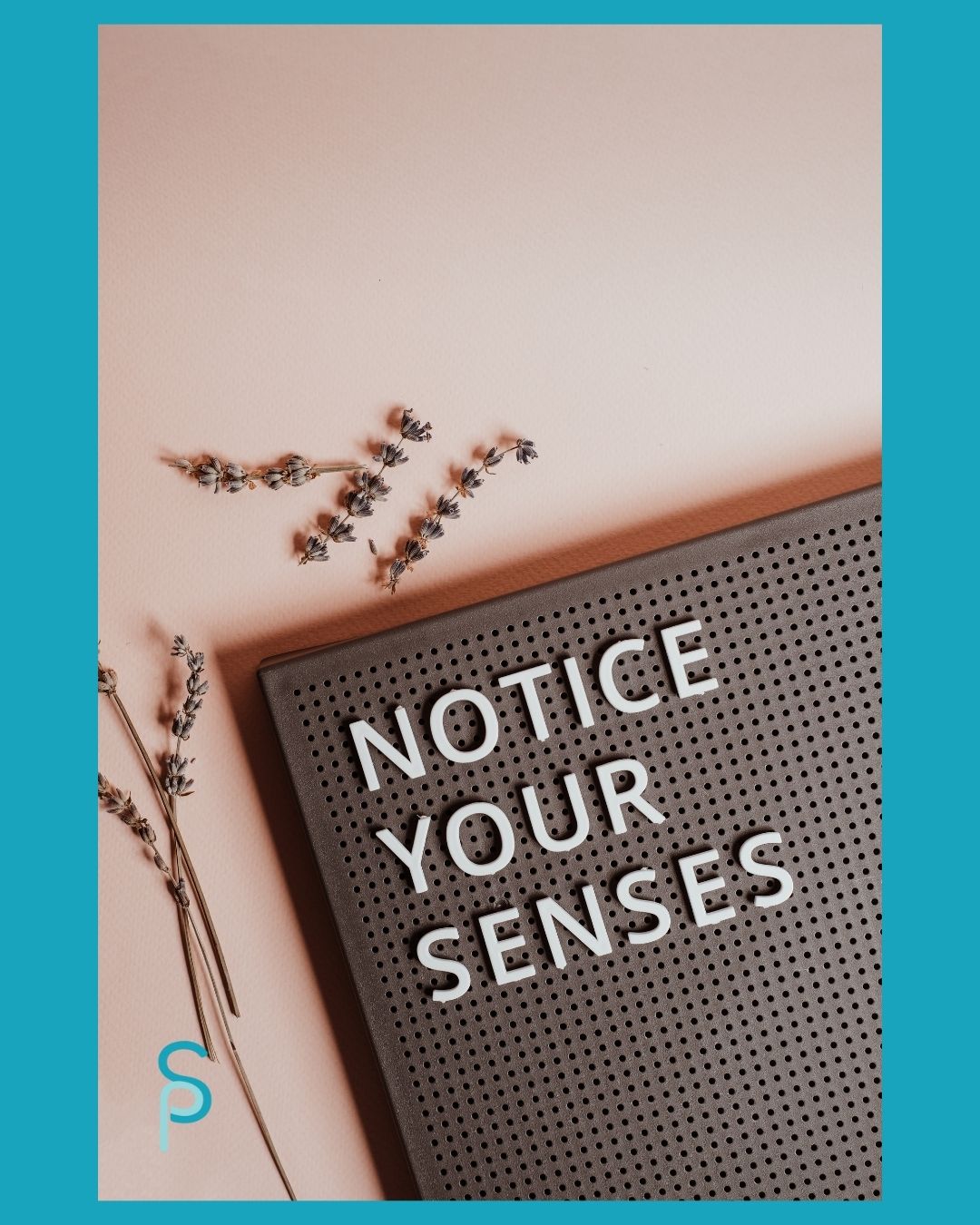Let’s Be Real: Caregiving is a Lot
If you work in dementia care, you already know—this job isn’t for the faint of heart. You’re juggling emotional highs and lows, unpredictable behaviors, and the heavy reality that dementia doesn’t follow a script. Some days, you’re a detective, piecing together what a nonverbal resident needs. Other days, you’re dodging a well-aimed spoonful of mashed potatoes. It’s a lot. And if you’re not careful, it can take a serious toll on your well-being.
That’s where mindfulness comes in—not as some woo-woo concept, but as a practical tool to help you stay present, reduce stress, and avoid burning out.
So, What Exactly Is Mindfulness?
Mindfulness is simply paying attention to the present moment without judgment—and yes, that includes the hard, messy moments too. Instead of spiraling over what happened five minutes ago or stressing about what’s next, mindfulness helps you focus on what’s happening right now, so you can respond rather than react.
Think of it as a mental reset button—one you can hit anytime, anywhere (yes, even in the middle of a chaotic med pass).
Why Should Dementia Care Professionals Bother with Mindfulness?
Because let’s face it—this work is emotionally draining. You can’t pour from an empty cup, and mindfulness can help you refill yours without stepping away from your job. Here’s how:

✅ Less Stress, More Calm – Mindfulness rewires your brain to handle stress better. Instead of constantly feeling like you’re on the edge of snapping, you’ll be able to breathe through tough moments with more ease.
✅ Better Emotional Regulation – Working in dementia care means dealing with big emotions—not just your own, but those of residents, families, and colleagues. Mindfulness helps you pause before reacting, so you’re responding from a place of calm instead of frustration.
✅ Sharper Focus – Ever feel like your brain is running in a million directions? Mindfulness trains your attention, helping you stay present so you can catch the little details that make all the difference in dementia care.
✅ More Compassion, Less Burnout – The emotional weight of this work is real. Practicing mindfulness can help you stay connected to the person behind the dementia, keeping your empathy tank full instead of running on fumes.
Simple Ways to Practice Mindfulness (That Don’t Involve Sitting Cross-Legged on a Mountain)
The good news? You don’t need to carve out an hour of silent meditation to reap the benefits. Here are realistic ways to integrate mindfulness into your busy, unpredictable workday:
🔹 Mindful Breathing (60 seconds) – When you feel stress creeping in, pause. Inhale for four counts, hold for four, exhale for four. Repeat. This signals your nervous system to calm the heck down.
🔹 The 5-Second Pause – Before entering a resident’s room, take one intentional breath. This micro-pause helps you reset and approach each person with fresh energy instead of carrying stress from the last interaction.
🔹 Tuning In to Your Senses – Overwhelmed? Do a quick check-in:
- What are five things you can see?
- What are four things you can hear?
- What are three things you can feel?
- What are two things you can smell?
- What is one thing you can taste? This grounds you instantly, bringing you out of a mental spiral and back into the present.


🔹 Mindful Touchpoints – Pick something you do all the time—washing hands, adjusting a resident’s blanket, walking down the hall. Instead of rushing through it, pay attention. Feel the water temperature. Notice the softness of the fabric. Hear the rhythm of your footsteps. This small shift pulls you out of autopilot and into the moment.
🔹 Reframing the Moment – Dementia care is unpredictable. Instead of seeing difficult behaviors as personal attacks or failures, use mindfulness to zoom out:
“This is hard, but I don’t have to fix everything.”
“They’re communicating a need—I wonder what it is?”
“I’m doing my best, and that’s enough.”
These tiny shifts in thinking lighten the emotional load, making the work feel more manageable.
The Bottom Line
Mindfulness isn’t about adding more to your already packed day. It’s about bringing more awareness to what you’re already doing—so you can show up with more patience, presence, and self-compassion. Because dementia care is hard enough without carrying extra stress you don’t need.
Try one small shift today. Your future, less-burnt-out self will thank you.
Recent Comments